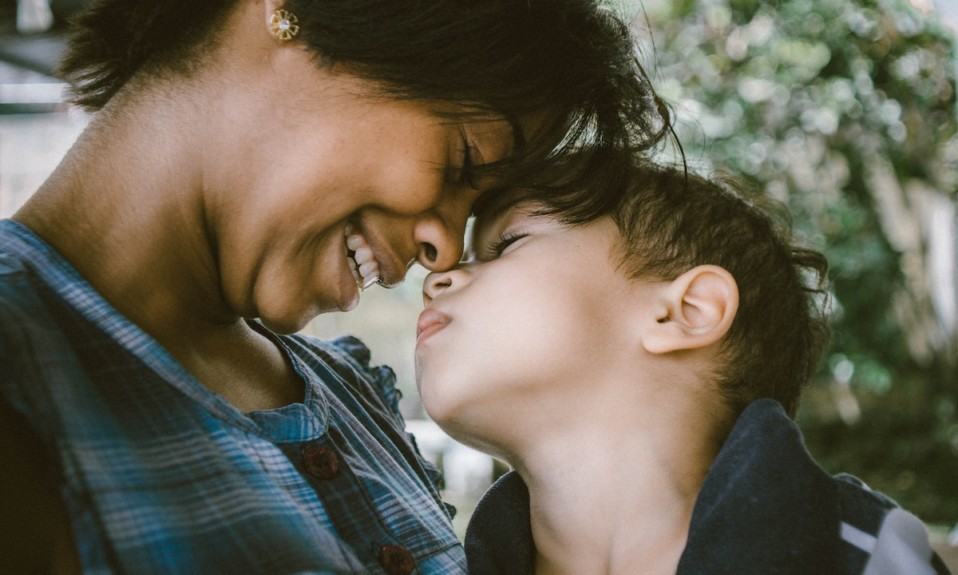We don’t have the power to shield our kids from addiction and other issues, but we can create a safe and supportive environment that prepares them for trying times
By Patrick McElwaine, Psy.D., LPC
May 10, 2021As our children grow into preteens and adolescents, the pressures from peers, school, relationships and many other things start to mount and can be extremely overwhelming. I’m often asked by parents or guardians what they can do to prevent their children from succumbing to an addiction. Unfortunately, you can do everything appropriately and lovingly for your children, and they still might have issues with addiction. But there are ways to help a child feel more comfortable talking about mental health, drugs and alcohol.
Allow your children to speak in a safe, supportive and open environment about their mental health, about peers who are drinking/using drugs or about their own use. Recently, a father contacted me because his 9-year-old blurted during a tantrum, “I’m just going to kill myself.” He explained to me that he became distraught upon hearing this—no surprise—and told his son, “Don’t ever say that. We love you, and I never want to hear that again.”
If I weren’t in the field of psychology, I might have reacted the same way with my own kids. I told the father that I understood why he said what he did. In the future, however, it would be best to simply let the boy know how much he is loved and that if he ever felt that way again—sad, angry, anxious—he could talk about those feelings. Such an approach conveys to your child that no matter how scary certain thoughts or behaviors are, you will always be there to listen. The father was extremely thankful. And later that night, he texted me to say he had finished a great discussion with his son about mental health and the support and love the boy could count on from his family.
If you notice that your child is struggling in a specific area, seek professional support. Many therapists are incredibly talented in understanding children, being supportive and making them feel safe.”
Beyond creating a supportive atmosphere in the home, here are some ways to help your children at an early age:
Role-Modeling
Role-modeling is a significant way that children learn. They often imitate what they see and hear from adults in their life. Being a role model likely will take some self-reflection on your part. What are your thoughts on mental health, drugs and alcohol? How do you feel about therapy and support groups? The way you view these things will impact how your children view them.
Therapy
If you notice that your child is struggling in a specific area, seek professional support. Many therapists are incredibly talented in understanding children, being supportive and making them feel safe. In addition, there are creative art therapists that specialize in movement, art and music.
Support Groups
Many support groups focus on bringing more awareness to mental health, addiction and stigma. As a parent or guardian, speaking about these groups with your family can be highly beneficial. In addition, often when these groups have large events, there are activities for children and teens that are beneficial.
Recently, I brought my 10- and 7-year-old children to a National Alliance on Mental Illness (NAMI) Stride event that had food, speakers, games, a dunk tank and gifts for children. Both of my kids enjoyed themselves, asked great questions and want to attend future events. When children participate in groups like NAMI, it increases the likelihood that they will reach out for help if needed.
Patrick McElwaine, Psy.D., LPC, is known as “Dr. Mac” to his clients, students and colleagues. He has his own counseling practice, teaches counseling psychology at Holy Family University in Pennsylvania, is a faculty member at the Beck Institute and serves on the Bucks County National Alliance on Mental Illness (NAMI) board of trustees. His column “Dear Recovery” publishes regularly on TreatmentMagazine.com.
Photo: Bruno Nascime














